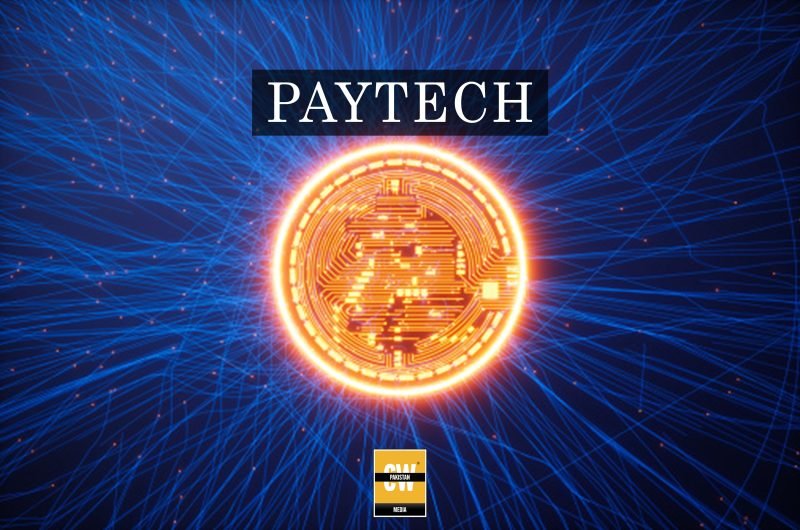Pakistan’s booming e-commerce sector is grappling with a steep rise in operational costs following the imposition of new taxes on courier services introduced under the Finance Act 2025. The additional tax burden has sparked serious concerns among online sellers, industry leaders, and emerging entrepreneurs who warn that it could stifle the growth momentum the sector has built over recent years.
According to multiple industry stakeholders, logistics remains one of the highest costs for online businesses, and it has now grown even more expensive due to a 2% withholding tax and an additional 2% sales tax on the delivery of items transacted via cash on delivery (COD). These taxes were rolled out as part of the federal government’s new revenue measures, with the Federal Board of Revenue (FBR) appointing courier companies as official collection agents. This means logistics firms are now responsible for deducting the taxes from sellers and depositing them with tax authorities, as they hold the invoices and act as intermediaries in the transaction chain.
Under the latest Finance Bill, courier companies are not just handling deliveries but also ensuring compliance with tax collection on behalf of Pakistan’s vast e-commerce seller base. The Pakistan E-commerce Association (PEA) has voiced strong reservations about this approach. Its chairman, Omer Mubeen, warned that the combination of new taxes, rising fuel prices, and climbing utility costs—particularly electricity, gas, and internet—are squeezing already thin margins for online businesses.
Mubeen cautioned that while larger e-commerce platforms might absorb some of these costs internally, small and medium-sized sellers will inevitably be forced to pass the burden onto consumers. This could result in higher prices and reduced competitiveness for online businesses against traditional retail outlets that often pay no comparable taxes. He urged the government to introduce a transition period for small sellers to get registered with the FBR and proposed that the 2% withholding tax be waived for compliant merchants, suggesting instead a nominal 0.25% income tax to promote formal documentation and reduce immediate financial stress.
Meanwhile, courier companies have begun advising e-commerce merchants and individual sellers to complete formal tax registration to continue using their delivery services. Without proper registration, logistics providers and marketplaces will not process or dispatch orders, effectively locking out unregistered sellers. However, under the new tax rules, one-time sellers and women operating small ventures from home are exempt from mandatory registration, offering some relief to micro-entrepreneurs.
For many small online sellers like Usman Akhtar, a Lahore-based entrepreneur, these new policies are a significant setback. Akhtar noted that thousands of Pakistan’s young professionals and students have invested heavily to build online businesses that are now under threat. He described the fresh taxes as “deeply discouraging” for first-time entrepreneurs who must also navigate a complex tax registration framework that can be difficult to manage.
Akhtar contrasted Pakistan’s tax-heavy strategy with other countries that offer tax holidays and supportive digital economy policies to drive e-commerce growth, entrepreneurship, and job creation. He stressed that Pakistan’s short-term revenue priorities could damage the long-term prospects of the digital sector, which has been growing at over 35% annually for the past five years and now supports the livelihoods of more than a million people.
With over 100,000 active micro and small online sellers and the market dominated by COD transactions accounting for more than 90% of activity, Pakistan’s e-commerce landscape remains vibrant yet vulnerable. The total market size stands at around Rs2.2 trillion ($7.7 billion), still below 2% of the national GDP and lagging behind regional peers. Industry leaders argue that now is the time for policies that nurture, not burden, this crucial digital frontier, ensuring it continues to expand as a pillar of economic opportunity.








